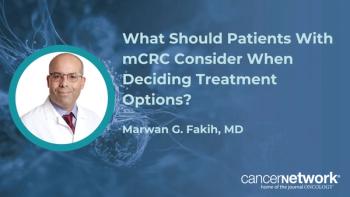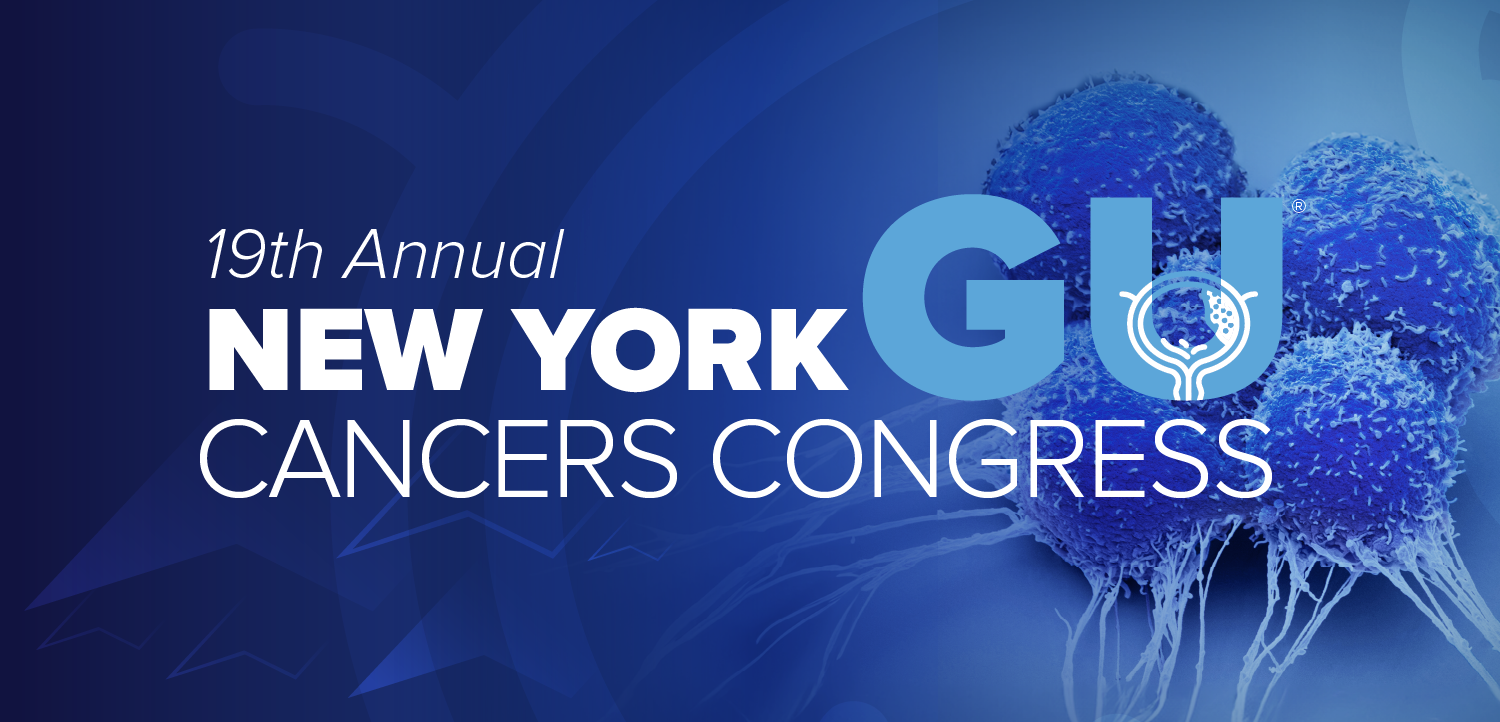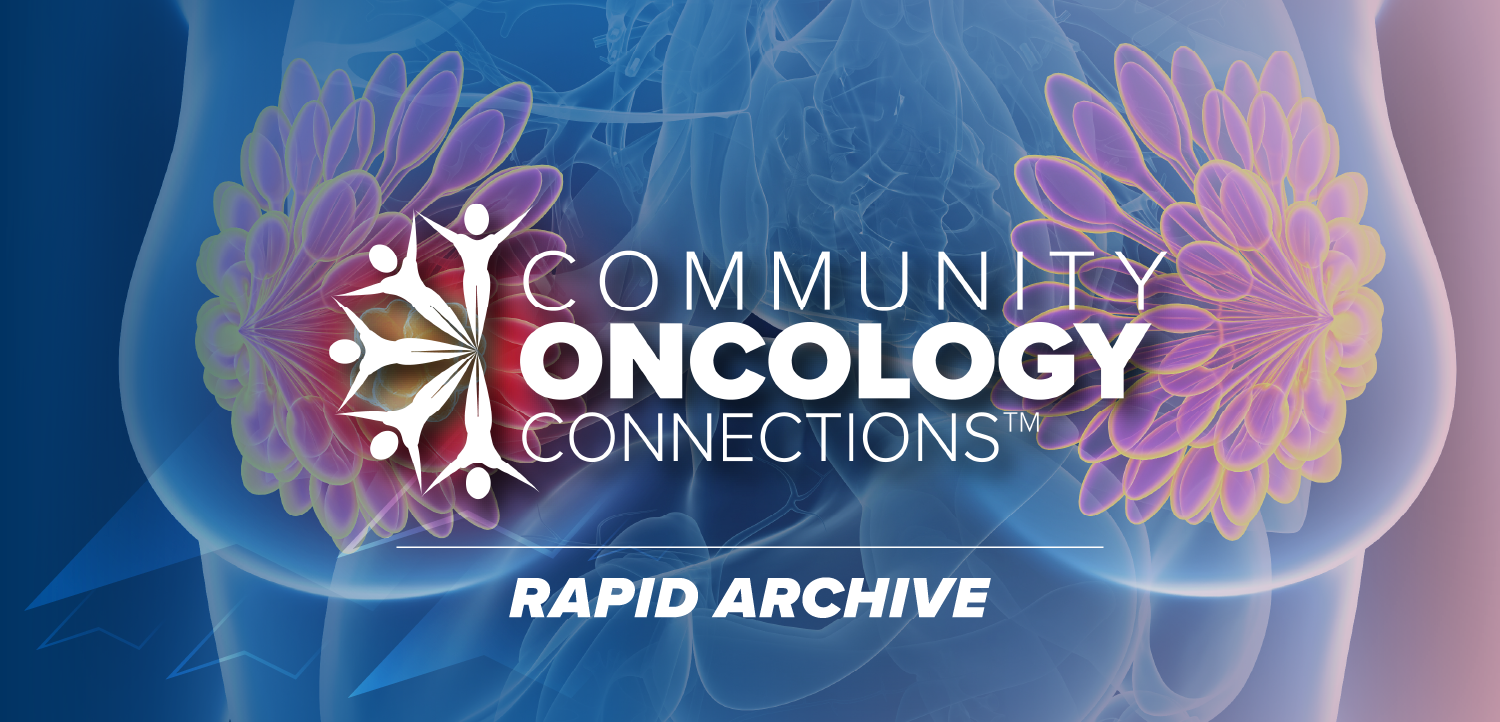
Higher Microbial Diversity May Be Associated with Better Outcomes in Patients with RCC
Researchers found that in patients receiving immunotherapy for metastatic renal cell carcinoma, higher microbial diversity was associated with better treatment outcomes.
A comparison of the composition and diversity of the gut microbiome in patients receiving immunotherapy for metastatic renal cell carcinoma (RCC) found that higher microbial diversity is associated with better treatment outcomes in this patient population.1
The results, published in European Urology, also found that treatment response is characterized by shifts in microbial species over the course of treatment.
“Previous studies have suggested a relationship between the gut microbiome and response to immunotherapy in solid tumors, including metastatic kidney cancer,” lead author Nicholas Salgia, BSc, a clinical research assistant at City of Hope, said in a press release.2 “The results from our study build on earlier findings and reaffirm that the diversity and composition of patients’ microbiomes are associated with clinical responses to anti-cancer therapies.”
In order to characterize the stool microbiome of patients with metastatic RCC receiving a checkpoint inhibitor, researchers collected stool from 31 patients before initiation of nivolumab (77%) or nivolumab plus ipilimumab (23%) therapy; 58% of these patients experienced clinical benefit. Participants were asked to provide up to 3 stool samples, including at baseline, 4 weeks into therapy, and 12 weeks into therapy.
Overall, greater microbial diversity was associated with clinical benefit from checkpoint inhibitor therapy (P = .001), and multiple species were associated with clinical benefit or lack thereof. Species with the greatest significance among patients with clinical benefit were Bifidobacterium adolescentis (P = .002), Barnesiella intestinihominis (P = .002), Odoribacter splanch-nicus (P = .006), and Bacteroides eggerthii (P = .009). Further, patients who experieced clinical benefit were found to have greater alpha diversity according to the Shannon index (P = .001) using stool collected across all time points.
Moreover, phylogenetic diversity was quantified for all of the study participants across collection time points. Among those found to experience clinical benefit, the relative abundance of Akkermansia muciniphila generally increased across the checkpoint inhibitor therapy timeline.
“The patients with the highest benefit from cancer treatment were those with more microbial diversity, but also those with a higher abundance of a specific bacterium known as Akkermansia muciniphila,” senior author Sarah Highlander, PhD, a research professor in the Pathogen and Microbiome Division at the Translational Genomics Research Institute, explained in the release. “This organism has been associated with benefit in other immunotherapy studies.”
According to Highlander, a possible takeaway from this study is that oncologists might encourage their patients to pay attention to their gut microbiome by eating a high-fiber diet including fruits and vegetables high in fructo-oligosaccharides such as bananas, dried fruit, onions, leeks, garlic, asparagus, and artichokes, as well as grains with resistant starches such as barley or uncooked potato starch.
Moving forward, researchers indicated that this study should be replicated in a larger group of patients who are followed for a longer period of time.
In addition, these results have already led to the development of a phase 1 randomized clinical trial investigating the role of gut microbial modulation in checkpoint inhibitor response. In this study, researchers are evaluating the standard first-line regimen of nivolumab with ipilimumab, with or without CBM-588, a strain of Clostridium butyricum with immunomodulatory and anti-inflammatory effects in the intestinal epithelium. Researchers believe the agent may promote the development of a more favorable microbiome.
“We have randomized patients with metastatic kidney cancer to receive a probiotic supplement in addition to an FDA-approved immunotherapy regimen or the immunotherapy alone,” said Salgia. “This work provided a strong framework for such a study.”
References:
1. Salgia NJ, Bergerot PG, Maia MC, et al. Stool Microbiome Profiling of Patients with Metastatic Renal Cell Carcinoma Receiving Anti–PD-1 Immune Checkpoint Inhibitors. European Urology. doi: 10.1016/j.eururo.2020.07.011
2. City of Hope, TGen researchers find link between gut microbiome and cancer treatment outcomes [news release]. Duarte, California. Published August 19, 2020. Accessed September 10, 2020. https://www.cityofhope.org/news/link-found-between-gut-microbiome-and-cancer-treatment-outcomes
Newsletter
Stay up to date on recent advances in the multidisciplinary approach to cancer.






















































